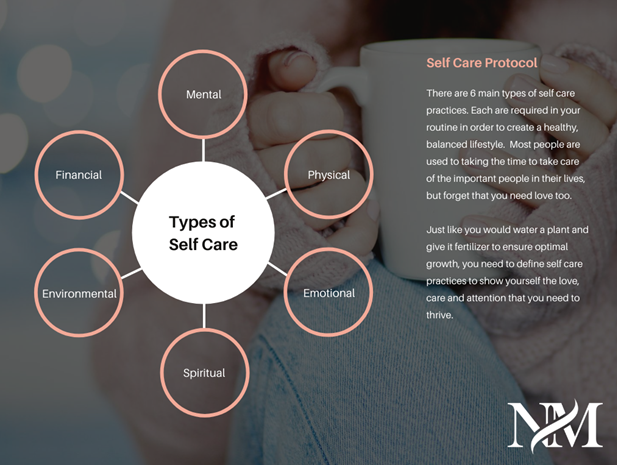
Now more than ever, self-care has taken center stage in our lives. Whether self-care enables you to survive or thrive during quarantine, your self-care practice can no longer be put off due to associations with guilt or shame. I think that historically, we have avoided “self-care” out of an assumption that it was an extravagant and lavish way to take time for ourselves. We either felt that we could not justify the costs, or time that it would take to do.
Yet, self-care isn’t necessarily a day at the spa, a day to isolate ourselves from our family, and to say “no” to everything. For some of us it might be, but on the whole, self-care is a quiet process. In fact, according to Brianna Wiest (2020), “If you find yourself having to regularly indulge in consumer self-care, it’s because you are disconnected from actual self-care, which has very little to do with “treating yourself” and a whole lot do with parenting yourself and making choices for your long-term wellness” (para.4)
But the importance of this practice cannot be underlined enough; so much so, that in 1998 the World Health Organization brought forth its own definition:
“Self-Care is what people do for themselves to establish and maintain health, and to prevent and deal with illness. It is a broad concept encompassing hygiene (general and personal), nutrition (type and quality of food eaten), lifestyle (sporting activities, leisure etc), environmental factors (living conditions, social habits, etc.) socio-economic factors (income level, cultural beliefs, etc.) and self-medication” (ISF, 2020, para.2).
Learn more and Book with Nadiya on her website: https://nadiyamanji.com/
You can also follow her on the following social media platforms:
Instagram: @nadiyamanji
Facebook Page: @rewireyourlifebynadiyamanji
LinkedIn: https://www.linkedin.com/in/nadiyamanji/